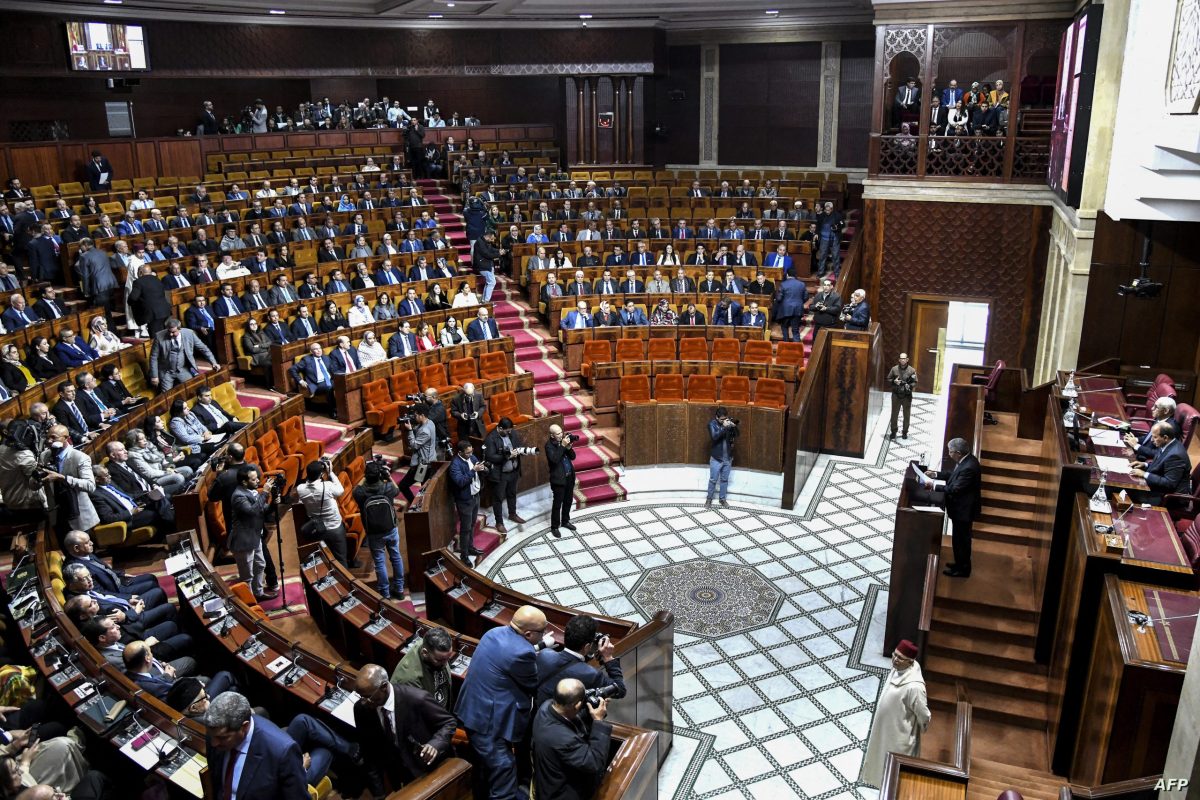[vc_row][vc_column][vc_column_text]
Recent attempts to build regional blocs in North Africa have been unsuccessful. This paper examines the benefits of a ‘synergistic’ approach to North African cooperation.
Mohammed Masbah
Mohamed El Dahshan
Summary
- North African integration is not a new idea. However, countries in the region have so far struggled to form a cohesive bloc with deep political, economic and social ties. Political instability has effectively deprioritized North African integration. A focus on thematic (political, economic and security) ‘synergies’ may provide a better framework for cooperation than seeking opportunities for all-encompassing ‘deep’ and ‘comprehensive’ integration.
- Governments of North Africa dedicate considerable resources to domestic security. Much of their efforts are conducted at the national-level and directed towards threats from terrorists, insurgents and militias. Improved security cooperation would achieve better outcomes and economies of scale, including efforts to tackle human trafficking.
- A new generation of jihadis has emerged in North Africa since 2011. Nearly 27 per cent of the 30,000 fighters who travelled to Syria are from the Maghreb. While government counterterrorism operations have been effective, countries have failed to address the root causes of radicalization.
- Border economies have suffered as a consequence of a security focus on terrorism and smuggling, which has rendered many previously accepted cross-border trade activities illegal. States have struggled to provide alternative livelihoods for those who have lost this source of income. Border forces tend to lack the right combination of capacity, training and equipment to secure borders and often resort to heavy-handed tactics.
- New thinking is required to develop a more human-centric and proactive approach to migration issues in the region, which continues to witness huge flows of migrants. The migration policy of Morocco, introduced through legislation in 2014, could be a model for North Africa.
- The countries of North Africa have varying economic profiles, ranging from economically diverse Morocco to oil-and-gas-dependant Libya. However, they all face similar challenges including unemployment (particularly among the young), poor public-service delivery, low FDI levels, an oversized public sector, ineffective tax collection, and high informality.
- Fostering entrepreneurship and the development of small and medium-sized enterprises (SMEs) are priorities for North African countries, particularly regarding job creation. Regulatory cooperation – such as harmonizing SME definitions, legislation and support institutions – across North Africa is an obvious area where further integration would encourage the development of start-ups and small businesses.
- With the advent of the fourth industrial revolution, North African governments must address their technological gaps and work to improve public–private cooperation. In some sectors, such as the fintech industry, North African countries can build upon nascent synergies that have developed organically, such as those of start-up incubators and angel investors that work across the region.
- Renewables, particularly solar energy production, are a promising development for North Africa. While regional initiatives, such as Desertec, have stalled due to political differences between countries, the sector has witnessed exponential growth in Tunisia, Egypt and Morocco, where the involvement of the private sector has proved successful.
[/vc_column_text][/vc_column][/vc_row]
MIPA Institute
MIPA is a non-profit independent research institution based in Rabat, Morocco. Founded by a group of transdisciplinary researchers, MIPA’s mission is to produce systematic and in-depth analysis of relevant policy issues that lead to new and innovative ideas for solving some of the most pressing issues relating to democracy.


